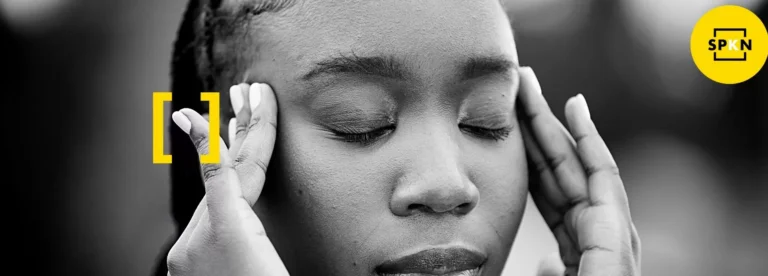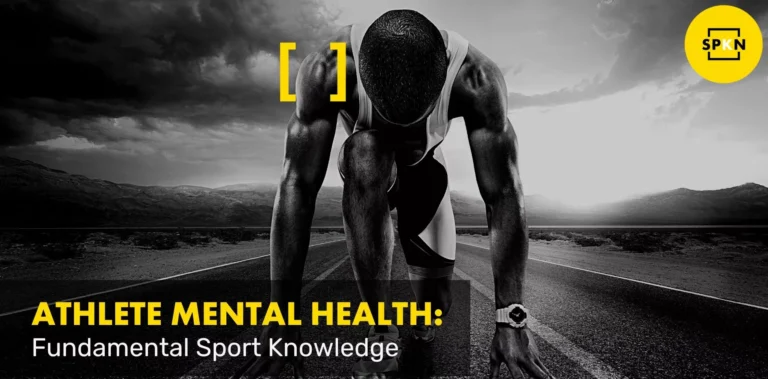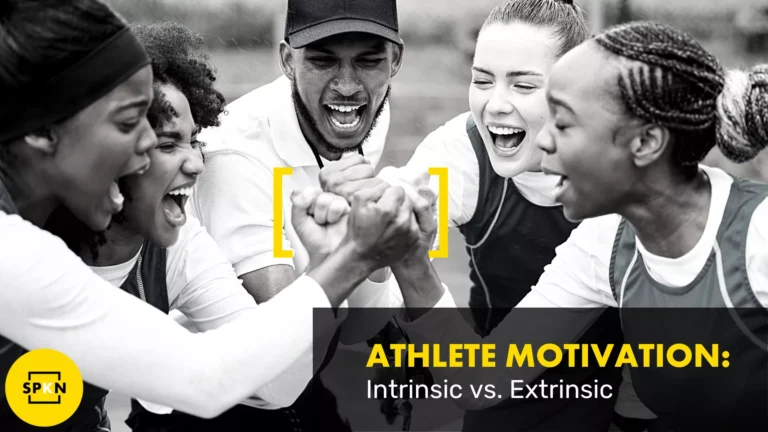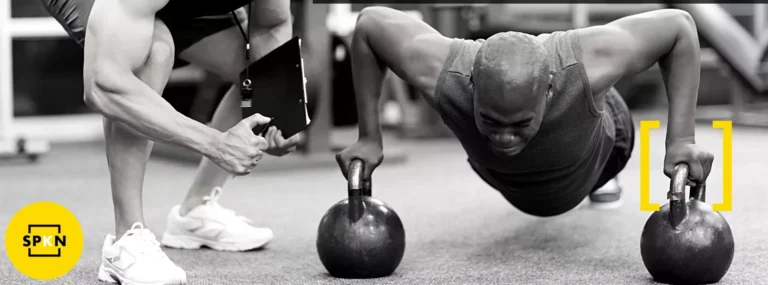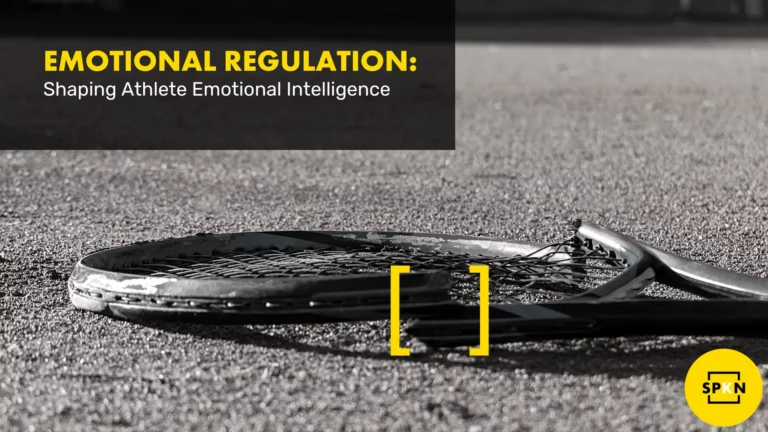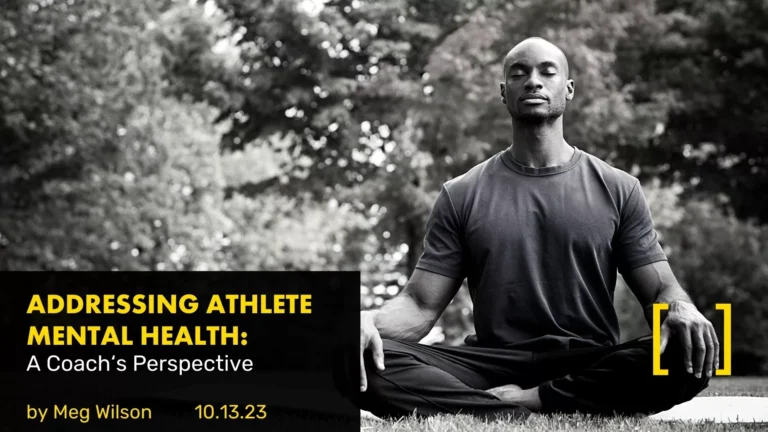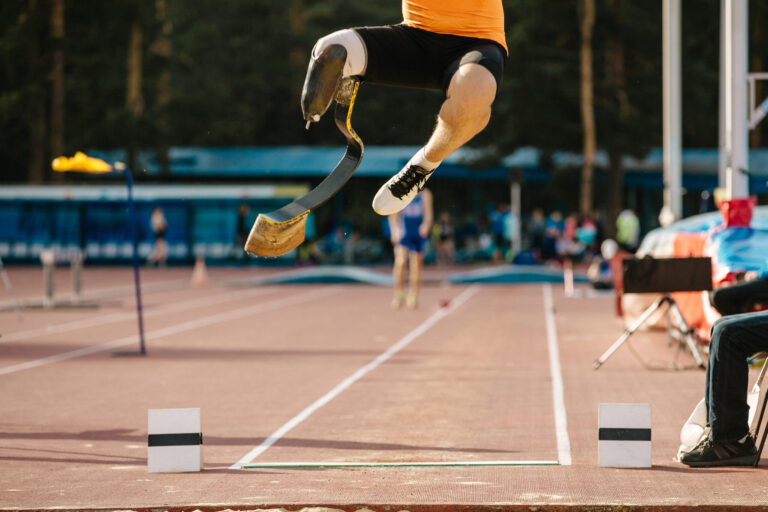In the next several weeks, I thought it might be interesting to delve into the dynamic world of athlete development, placing a spotlight on motivation - a fundamental driver of peak performance and continual growth. Let’s take a look at the different aspects of motivation and how we, as coaches, can significantly influence and cultivate this drive in our athletes.
Motivation plays a pivotal role in athlete development. It serves as the driving force that influences an athlete's behavior, their level of commitment, and, ultimately, their performance in their chosen sport. Understanding the theories and mechanisms of motivation is crucial for coaches who aim to effectively harness this intrinsic power in their athletes.






